
Contents
1. Uber
2. Airbnb
3. British Airways
4. Wells Fargo
5. Nokia
6. McDonald’s
7. BMW
8. Unilever
9. Activision
10. Amazon
In a crowded market, discerning what the best CRM software is to meet your needs is difficult. Reviews, statistics, and user feedback are all useful, of course, but sometimes reading evidence of how a brand has employed a CRM tool as part of a specific project is what is really needed to convince businesses that a particular piece of software is a good fit.
The need for a trustworthy CRM case study is made even more pressing given the sheer number of solutions on the market – many with their own strengths and weaknesses, as well as target audiences. For example, would a list of the best CRM for startups be relevant for your company? Or would the best recruitment CRM be more suitable? There are also the best insurance CRMs, the best CRMs for real estate, the best sales CRM, and more to consider.
One of the best ways of answering, “What is CRM software?” is to look at the tools already on the market and then, if you want to see how they have been employed effectively by brands in the past, examining some high-profile CRM case studies should be next on your agenda. Below, we outline 10 CRM studies that will demonstrate the full potential of this powerful solution and how it’s been used across a wide range of industries.
The 10 CRM studies you need to read
Uber
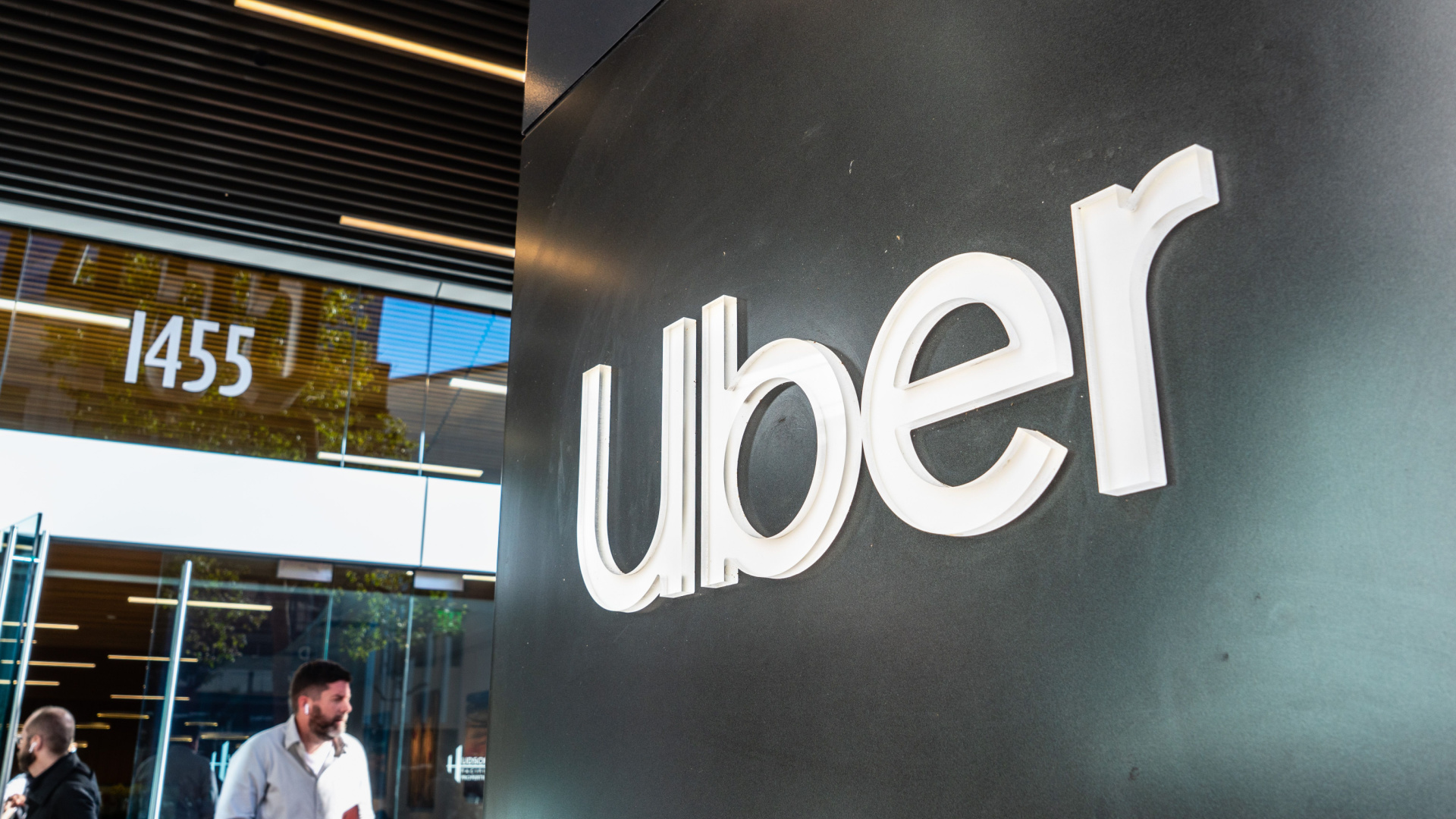
Today, Uber is known the world over for having disrupted mobility completely, garnering a valuation that dwarfs that of more established players in the automotive space – despite owning zero vehicle assets itself. However, despite its future-first ethos, Uber still depends on CRM software to ensure it is able to harness the huge quantities of data at its disposal.
Uber uses Salesforce CRM software to extract data from individuals who engage with its brand on social media, ensuring that interactions are monitored, complaints are responded to, and all feedback can be put towards the creation of a better customer experience. By piecing all relevant data within a holistic dashboard, Uber can tailor offers, recommendations, and promotions based on previous customer interactions.
Uber has always understood that the real value lies in customer data – not simply providing a transportation service. That’s why it makes more sense to think of it as a technology company; not a taxi firm. With that in mind, finding a suitable CRM platform has long been critical to Uber’s success. This has allowed the company to monitor customer behavior and riding habits – even as it experiences rapid growth.

Airbnb
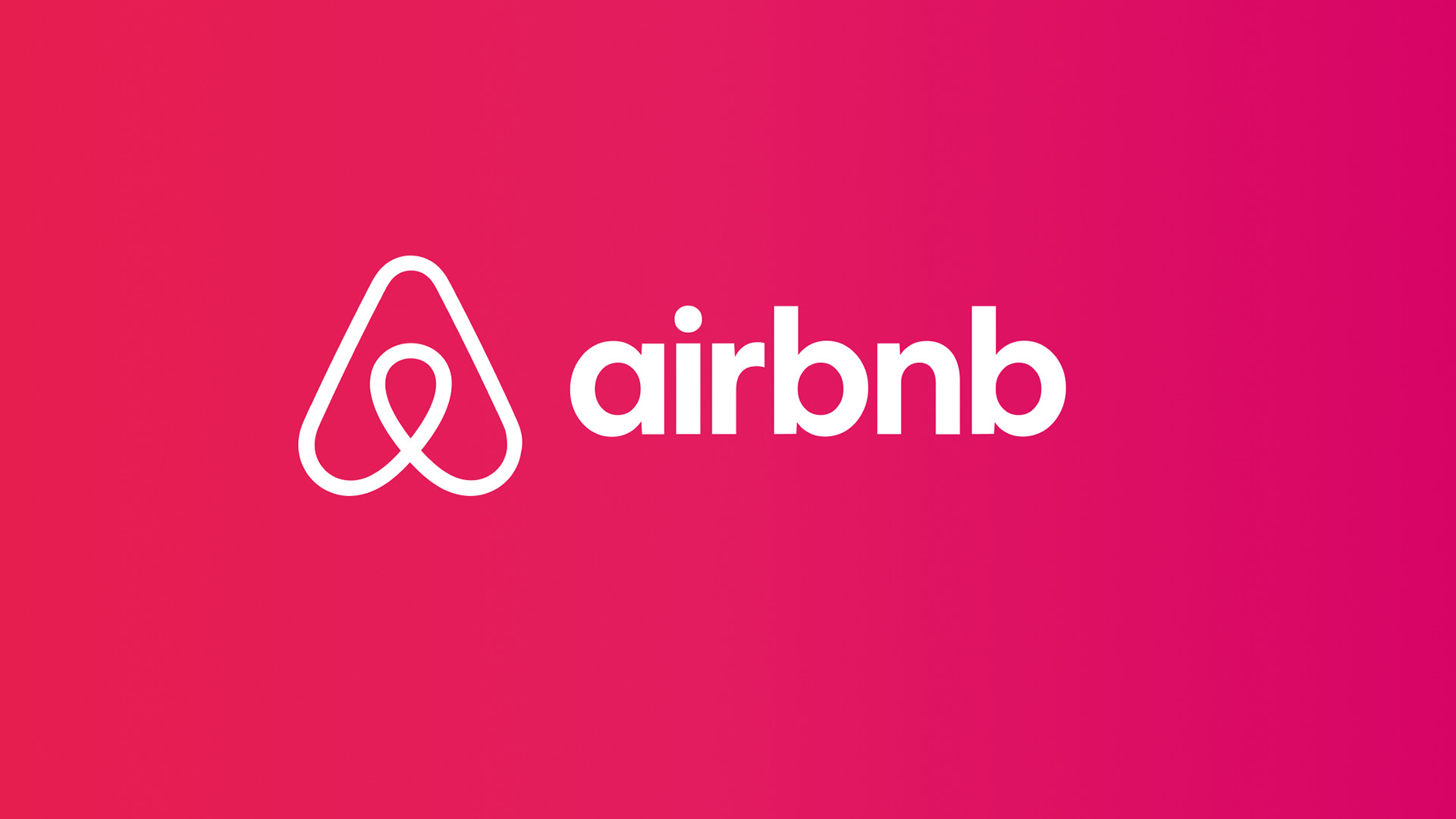
Another of the great disruptors of the 21st-centrury economy, Airbnb couldn’t have achieved its huge success without relying on a suitable CRM solution. The scale of the Airbnb platform is mind-boggling. The platform boasts more than 100 million guests globally, has listings in 65,000 cities and 191 countries, and is used by an estimated one in every four leisure travellers.
This scale means that Airbnb is privy to huge quantities of data and faces a seriously large number of queries every day. To manage this, Airbnb decided to make use of the Zendesk CRM, which offered the scalability, reliability, and uptime needed to facilitate growth as the number of hosts and guests using the platform continued to rise rapidly.
Airbnb’s Global Customer Experience team uses Zendesk to provide real-time support to customers across multiple channels, with every contact recorded within Zendesk Support. Zebdesk also empowers Airbnb to gain a grip of customer data by providing a 360-degree view of each customer. This means support can be personalized and a better customer experience can be delivered.

British Airways
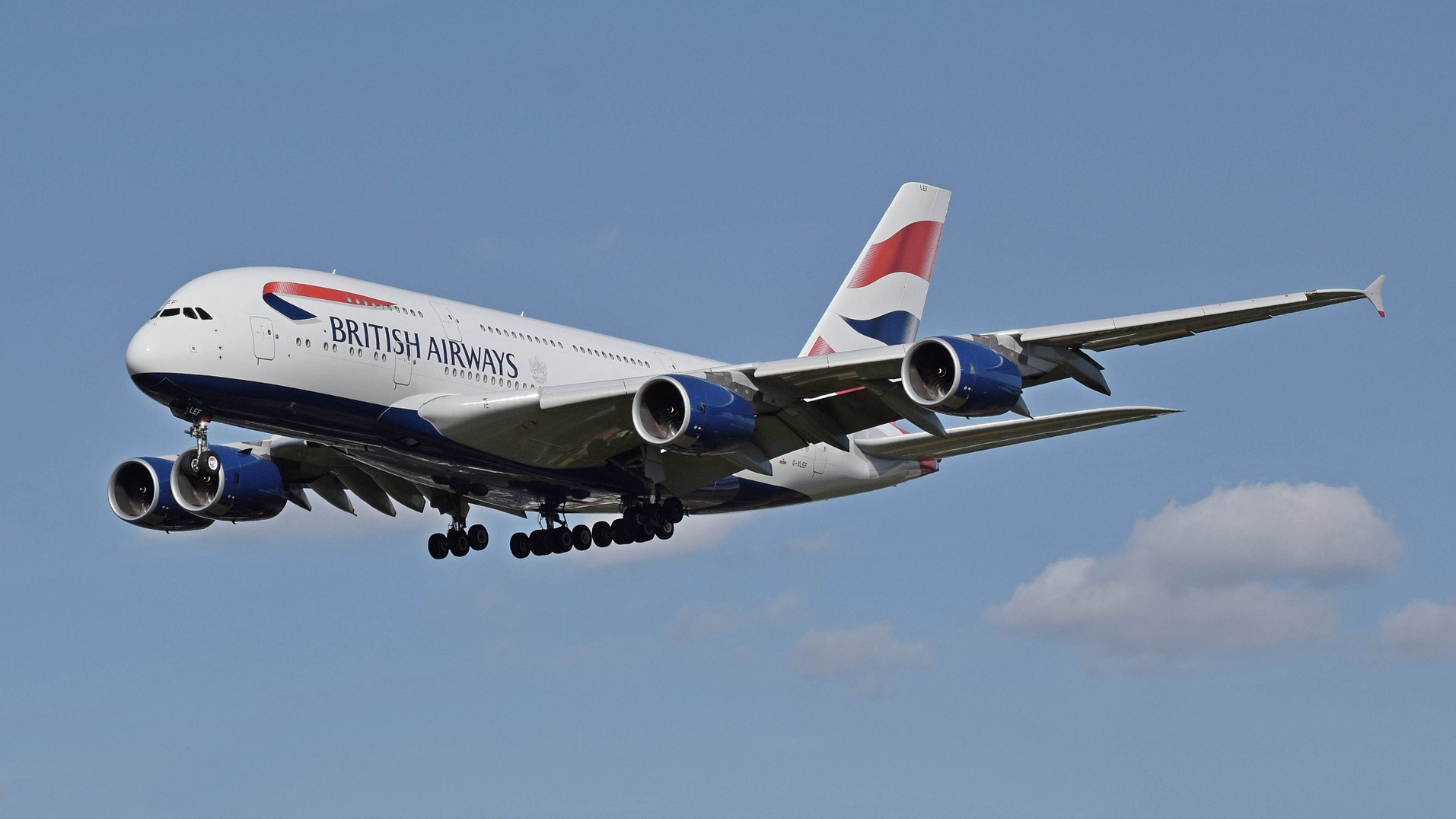
The travel industry has bounced back remarkably well after being decimated by the pandemic. Brands have had to reconsider how their revenues are driven, however, with global airline capacity taking several years to return to pre-COVID levels. One of the ways that brands have attracted tourists back in the air is with value-add services like the British Airways Executive Club.
Utilizing the Teradata CRM, the British Airways Executive Club is a loyalty scheme that allows individuals to earn points by purchasing flights, hotel stays, or car rentals through British Airways or its partners. Customers can also save their preferences so repeat bookings are smoother, ensuring a seamless customer experience. They also have the opportunity to work their way up the membership ranks, achieving blue, bronze, silver, gold, or Premier membership.
The British Airways Executive Club demonstrates how CRM solutions can be used to strengthen customer loyalty. The platform allows the airline to keep track of customer preferences so it can offer targeted deals based on their membership level and past bookings.

Wells Fargo
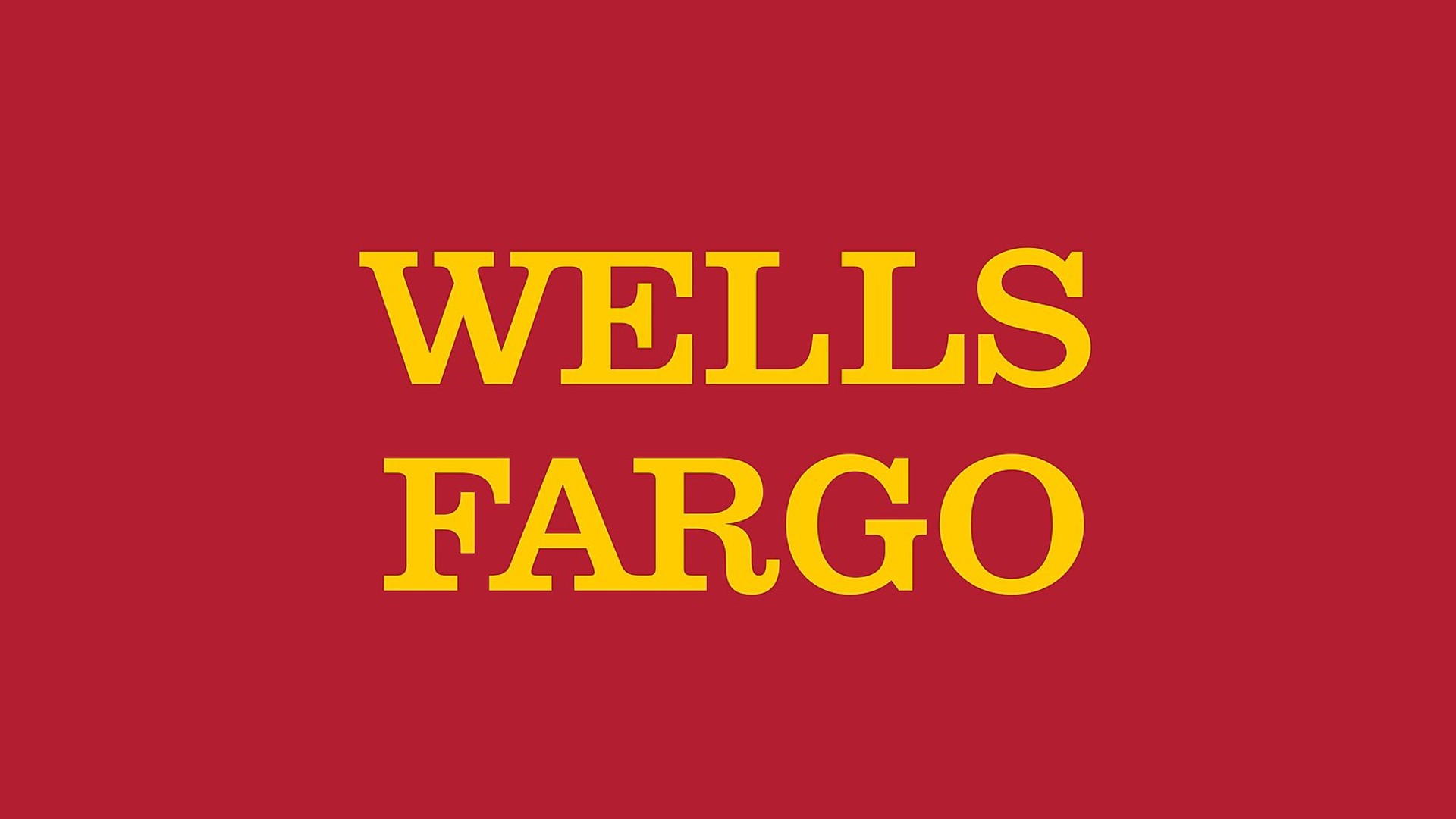
One of the largest banks in the US, Wells Fargo manages sensitive information for approximately 70 million individuals. But even with its considerable scale, Wells Fargo must continue to uphold the highest standards of customer service – particularly given the competitive nature of its industry. As well as other established financial institutions, organizations like Wells Fargo have also seen their market share come under threat from new fintech start-ups.
In light of the increasingly competitive financial sector, Wells Fargo employs a CRM solution to ensure its many different departments run smoothly and customer communication is seamlessly enabled. This means empowering social media connectivity and collating customer contact across multiple channels.
Wells Fargo has revealed that its use of a CRM has enabled it to greatly increase efficiency so greater focus can be placed on high-value work because certain manual tasks can be streamlined or even automated. This has led to the creation of more optimized platforms, allowing the bank to save time and energy and ensuring customers receive better service.

Nokia
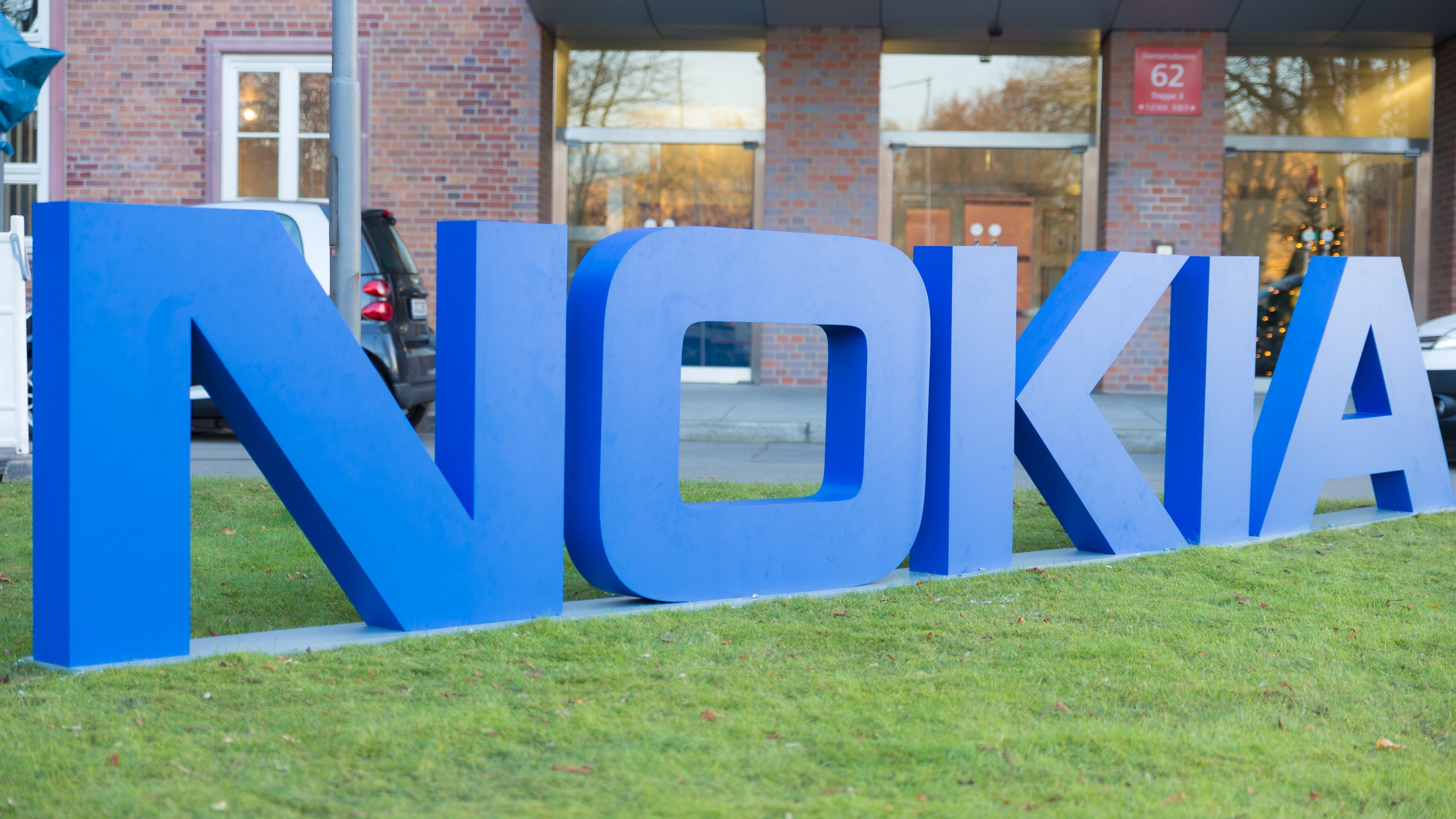
Once the world’s number one smartphone manufacturer, Nokia’s brand still carries some considerable heft – even if the likes of Apple, Samsung, and Google have taken its smartphone crown. Nokia’s use of the Salesforce CRM has played a major role in ensuring that the company continues to generate significant revenues in a fast-changing market.
One of the major challenges facing Nokia before it began using the Salesforce CRM was how to manage the diversity and scale of its products and markets across different geographies and languages. Salesforce allows Nokia to more easily organize its data – no matter how spread out it is.
Salesforce allows Nokia to select and segment data into specific target groups for more effective lead generation. It has also led to the creation of the Nokia Intelligent Care Assistant, which integrates directly with the Salesforce Service Cloud. This collaboration provides a holistic subscriber view, which enables truly omnichannel customer service, including proactive support. Although Nokia’s brand may not carry the same weight as it once did, without the company’s employment of the Salesforce CRM, it may no longer be around at all.

McDonald’s
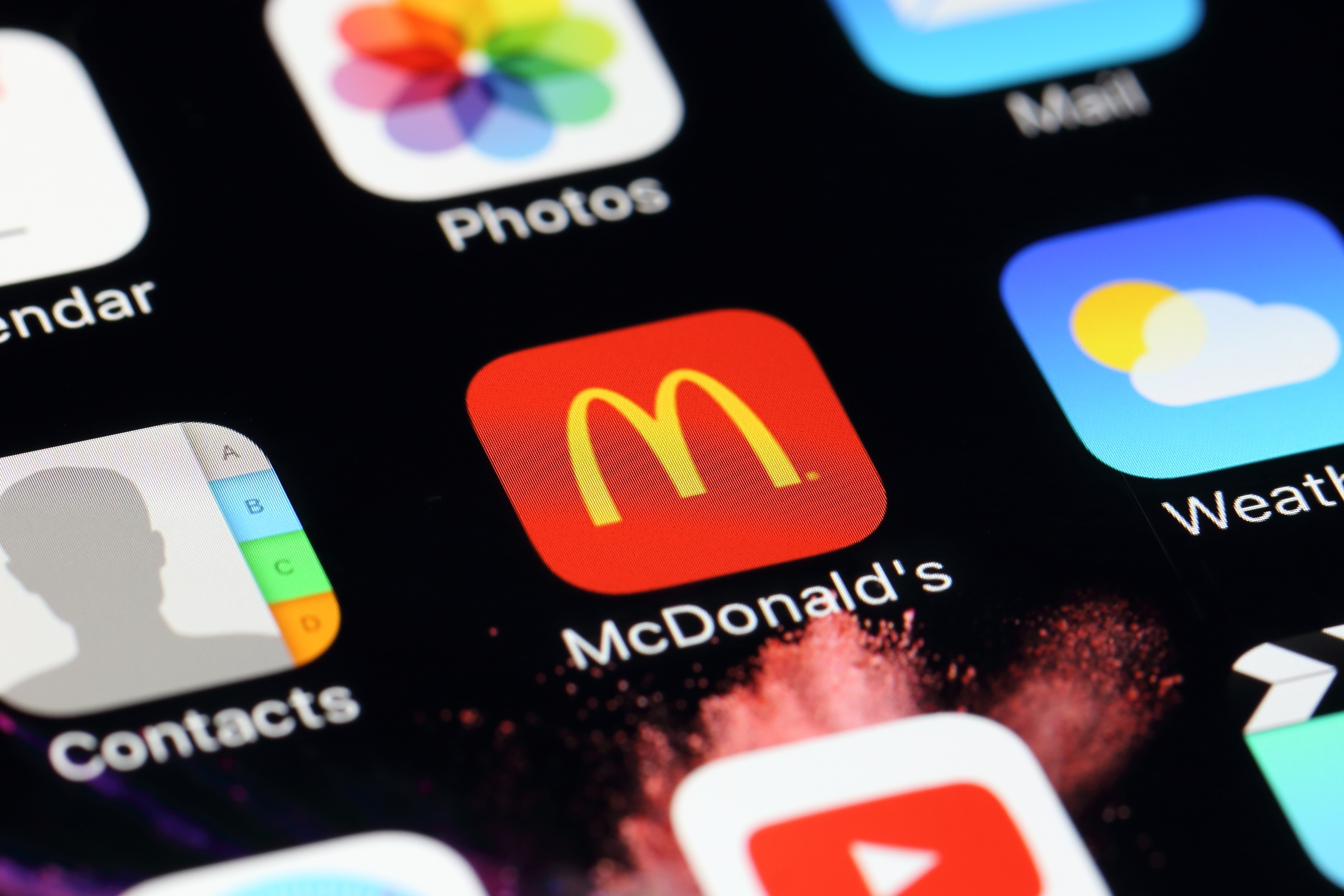
The fast-food giant McDonald’s has become one of the most recognizable brands in the world – but their success is down to more than just flipping burgers. McDonald’s has a long-running partnership with CRM platform Astute Solutions, which provides the restaurant chain with detailed insights on customer satisfaction levels and other forms of feedback. Providing a breakdown by region or individual restaurant, Astute enables McDonald’s to quickly identify potential customer issues so they can be remediated swiftly.
With McDonald’s serving an estimated 60 million people every day, managing the huge amount of data at its disposal is key to providing a quality service. As such, the company’s CRM provides real-time access to customer information, integrates data from across a network consisting of thousands of restaurants, and provides accurate reports for managers.
Despite McDonald’s global standing, the fast-food space is a crowded one and the restaurant chain is always looking to open new sites and launch new products. In order to gain visibility into what customers want and how best to capture potential new customers, data is key. For an organization of McDonald’s size, managing this data has only been made possible through its use of a CRM.
BMW

The automotive space has undergone massive change in recent years and further evolution is predicted for the not-too-distant future. Even though BMW may have been around since the early 1900s, it knows that no firm is immune from disruption – even those that have existed for over a century.
With most vehicles now incorporating an increasing number of software solutions, they represent an effective way for firms to harvest, collate, and analyze data. BMW uses a CRM to realize the benefits that can be unlocked through this data, by capturing data from multiple sources including – whether that includes dealerships, web pages, call centers, SMS, or through direct marketing.
In addition, CRM software has played an essential role in the company’s loyalty scheme, “The Owner’s Circle.” This lets BMW owners of old or new cars register their vehicles online and monitor their car’s financing and maintenance. All this helps to strengthen the post-purchase relationship between the vehicle owner and BMW, allowing them to check the status of their new car order, view the maintenance history of a used car, or get reminders about upcoming service milestones. It’s about maintaining engagement after a transaction has been completed.

Unilever
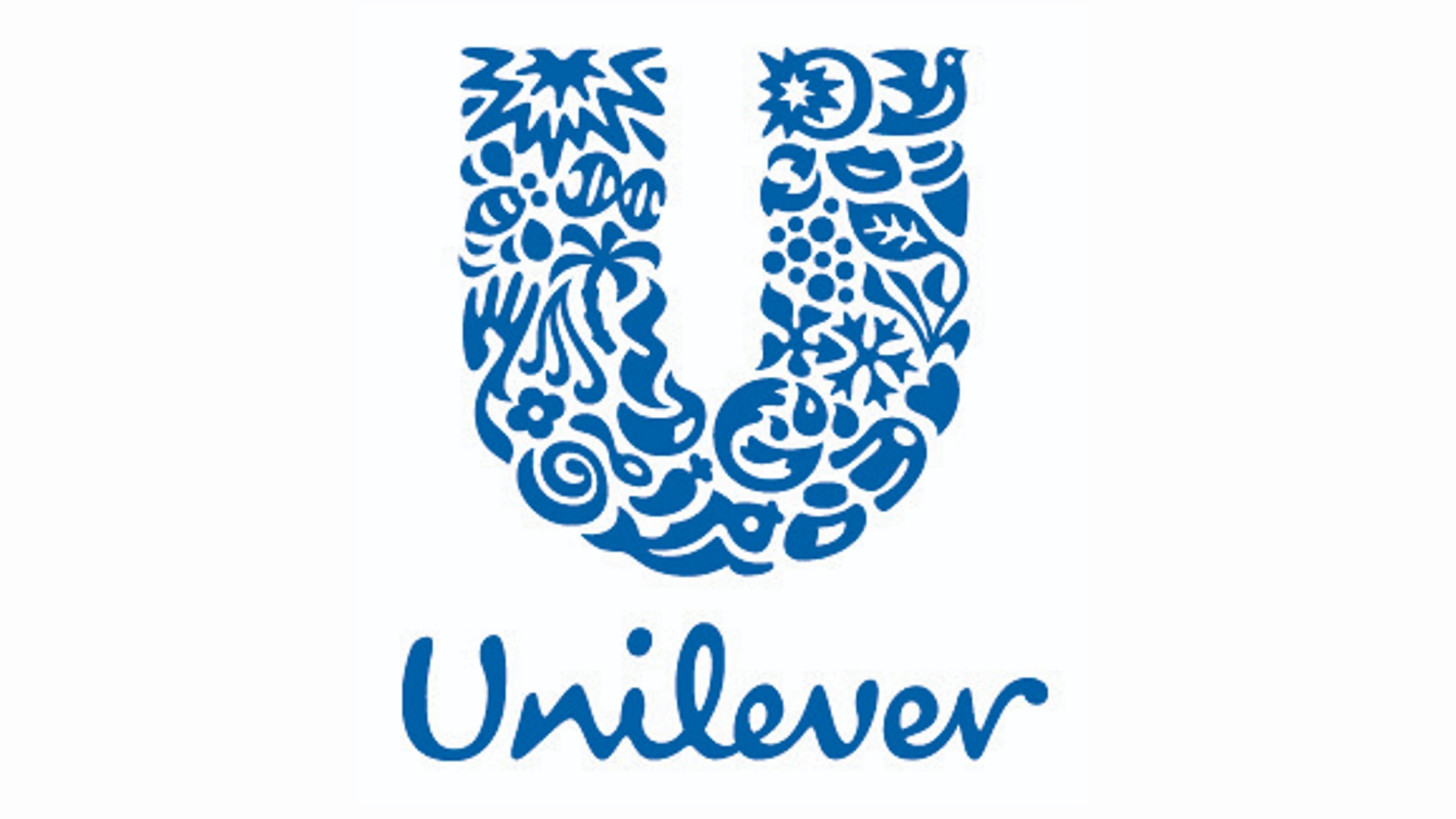
One of the world’s largest producers of consumer goods, Unilever manufactures a host of items that are commonly purchased by households across the world, including Dove. Persil, Domestos, and many more. Given the sheer number of goods Unilever produces, it understandably handles a huge amount of customer data. Using SAP’s CRM, Unilever was able to improve its call center capabilities and increase the productivity of its consumer-facing teams.
Unilever has also employed CRM tools to capture real-time information from customer surveys across and run targeted campaigns to capture customer data. The company’s use of the technology has allowed for faster response times to consumer queries and more efficient maintenance of customer databases.
Unilever represents a great example of how CRM tools can provide clarity and unity to a company that has grown far beyond its domestic market and offers products that spread across multiple categories and industries. The analytics functionality, in particular, allows Unilever to better understand consumer challenges allowing the company to apply its innovations and digitalization efforts to the launch of new products.

Activision
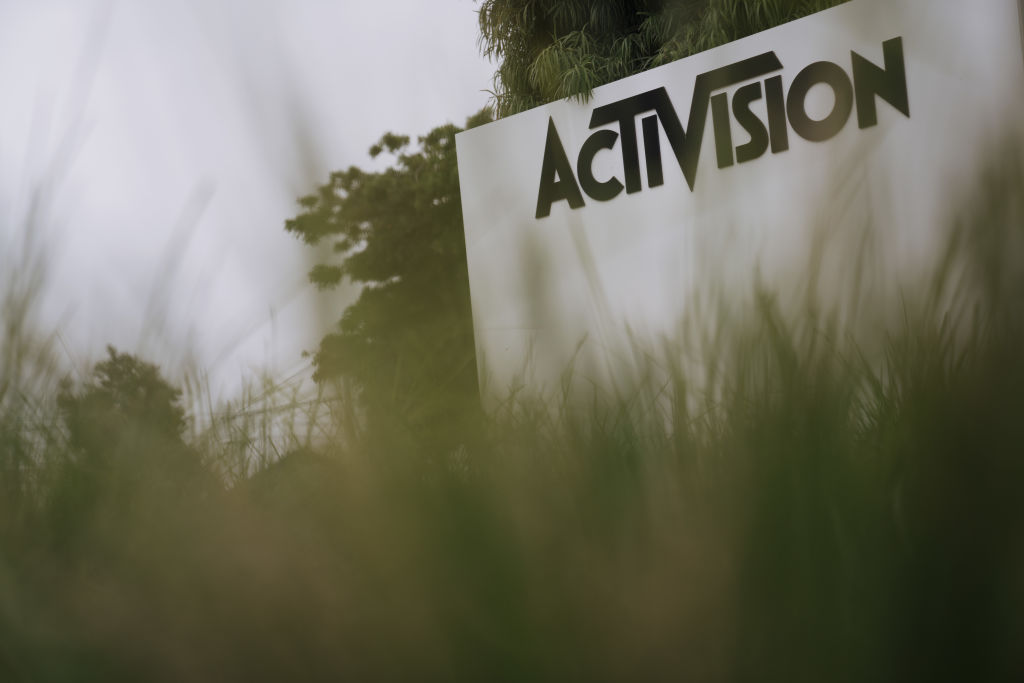
Video game maker Activision is responsible for some of the most popular series in the world, including the likes of Call of Duty, Crash Bandicoot, Guitar Hero, and many others. But where Activision’s only real concern was ensuring sales figures were high enough, now the company’s aim is to build long-lasting customer relationships. For that, a CRM is key.
Making use of the Salesforce CRM, Activision was able to completely overhaul its customer service offering. Before employing the CRM, almost half of all customers experiencing an issue spoke to an Activision rep over the telephone, but today 82% use an online self-service portal, with 10% opting for social channels. This has had a major impact in terms of cost reduction and customer satisfaction levels.
Because of the way that the Salesforce CRM can scour social networks for relevant posts, Activision has been able to get much closer to the gaming community. As such, it has become easier to understand their likes, dislikes, needs, and issues. Challenges have been resolved faster and insights have been put towards the creation of the next blockbuster game

Amazon
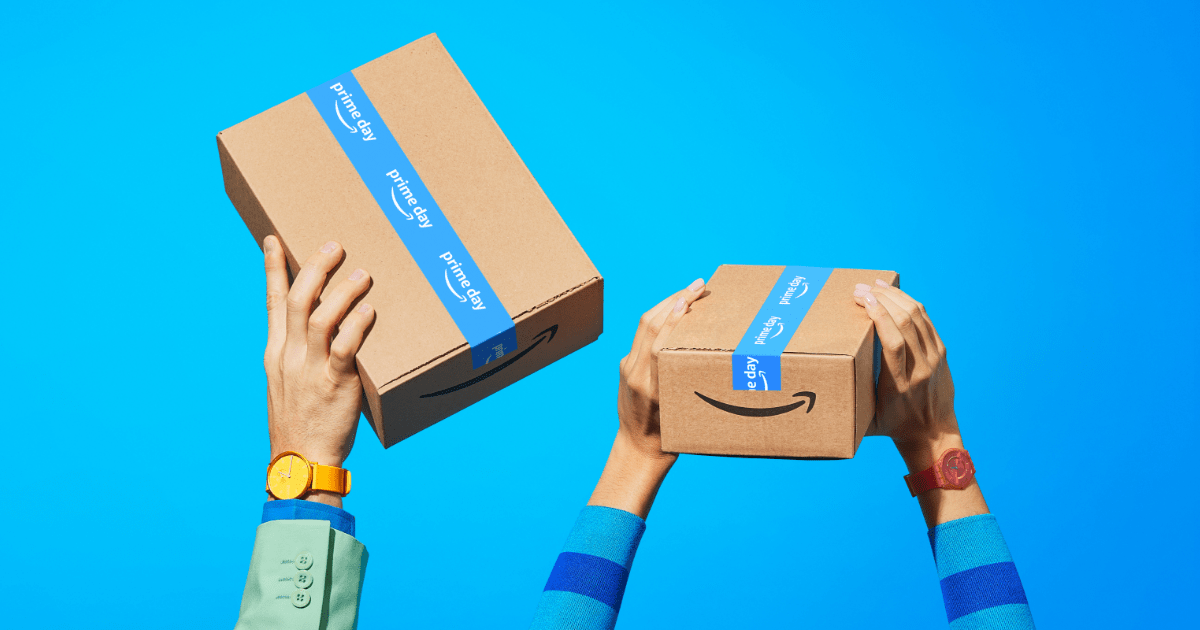
Amazon may be one of the biggest companies in the world but it still requires third-party help in the form of a CRM solution. The e-commerce juggernaut not only provides an online retail site but also offers a popular cloud computing service in the form of Amazon Web Services, which has been using Salesforce CRM since 2006.
Elsewhere, Amazon has crafted its own bespoke CRM strategy to ensure it offers native integration with other Amazon software. The technology giant uses its CRM to share personalized offers and promotions with customers, collect data en masse and store it, and provide recommendations based on an individual’s purchase history.
In the years since its founding, Amazon has seen plenty of companies come and go, but still, it remains top of the tree. Over the years, the company has understood that what sets it apart is not the products it offers, but the data that it has access to. And the best way of managing this is through a CRM.
